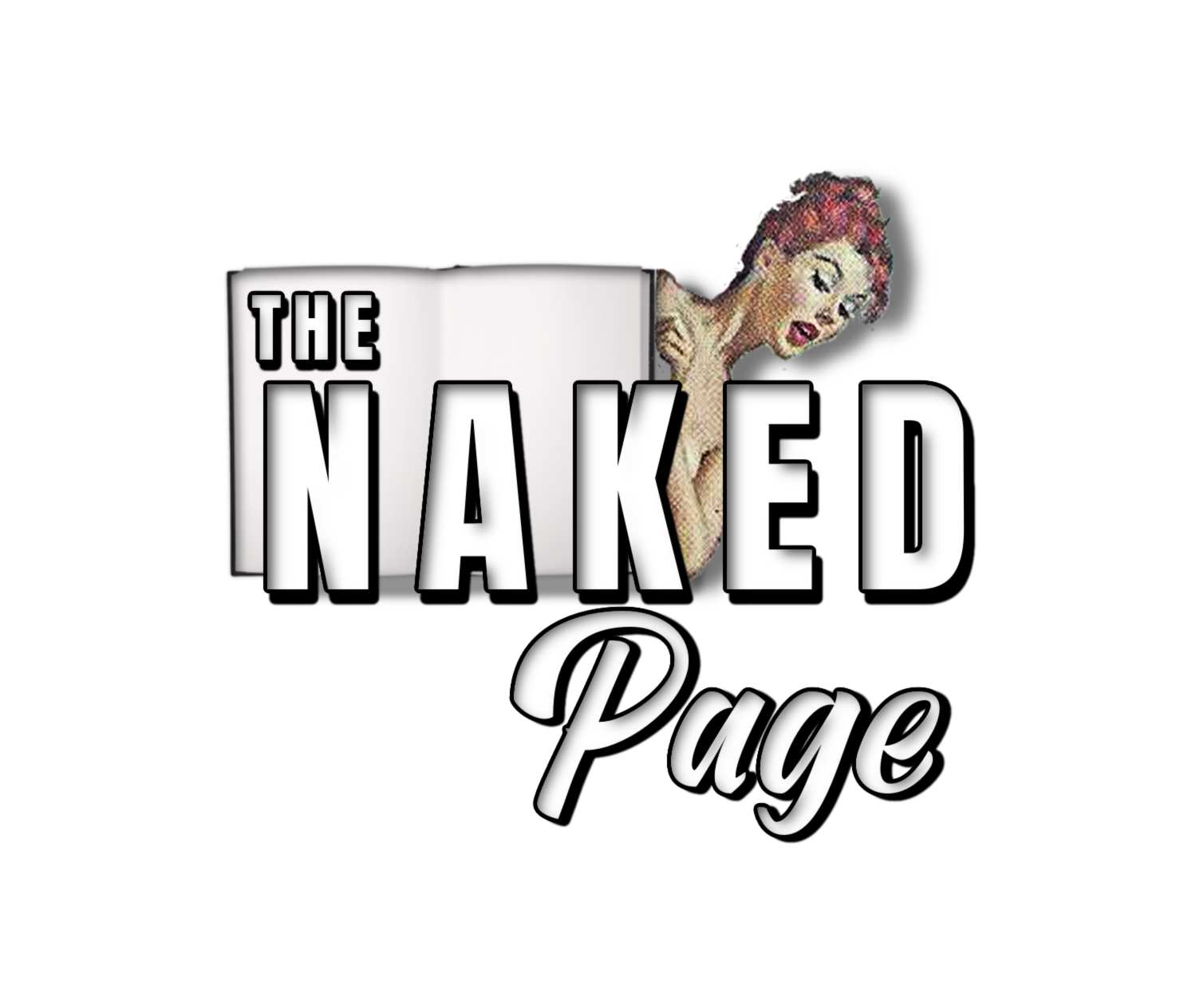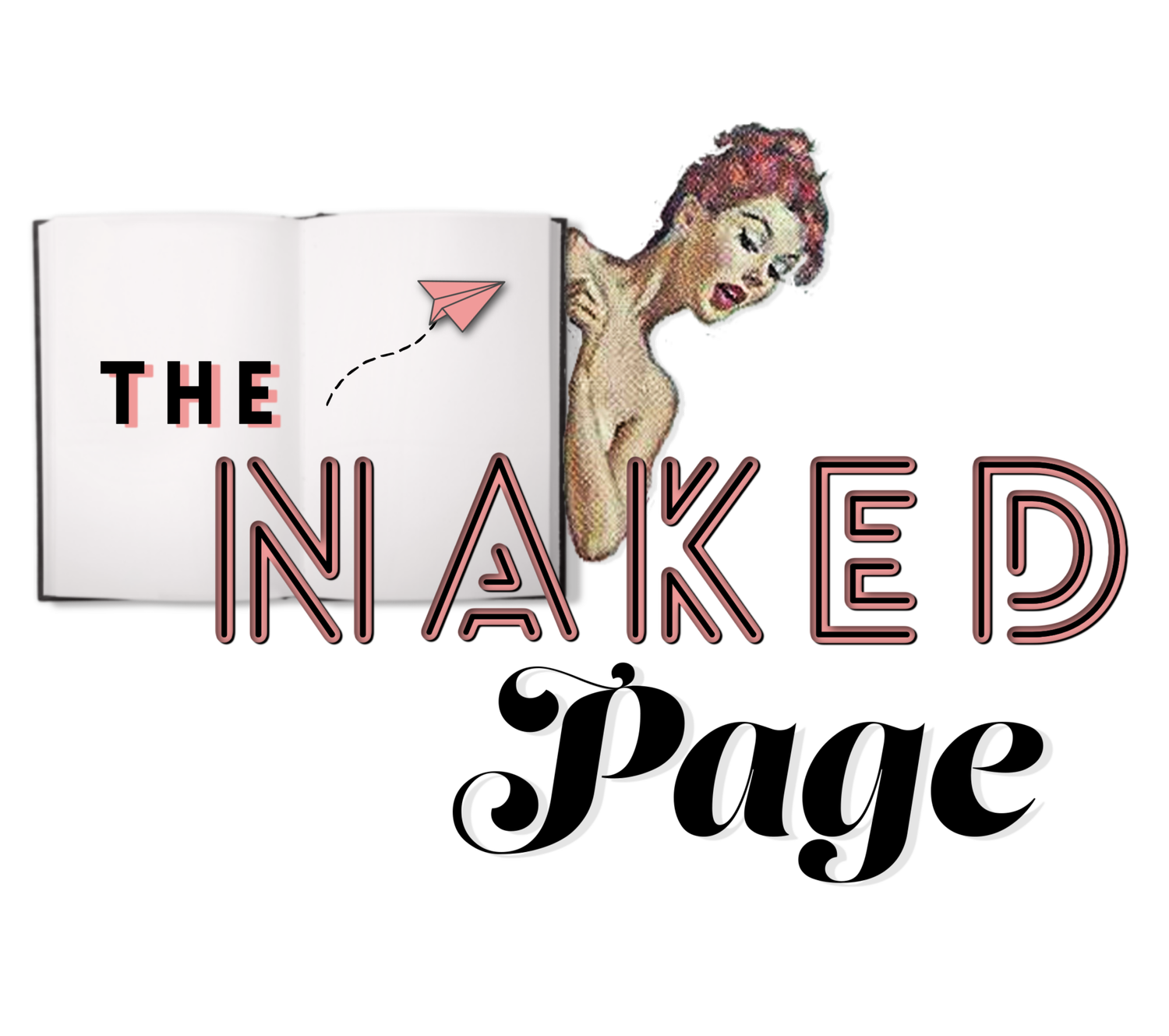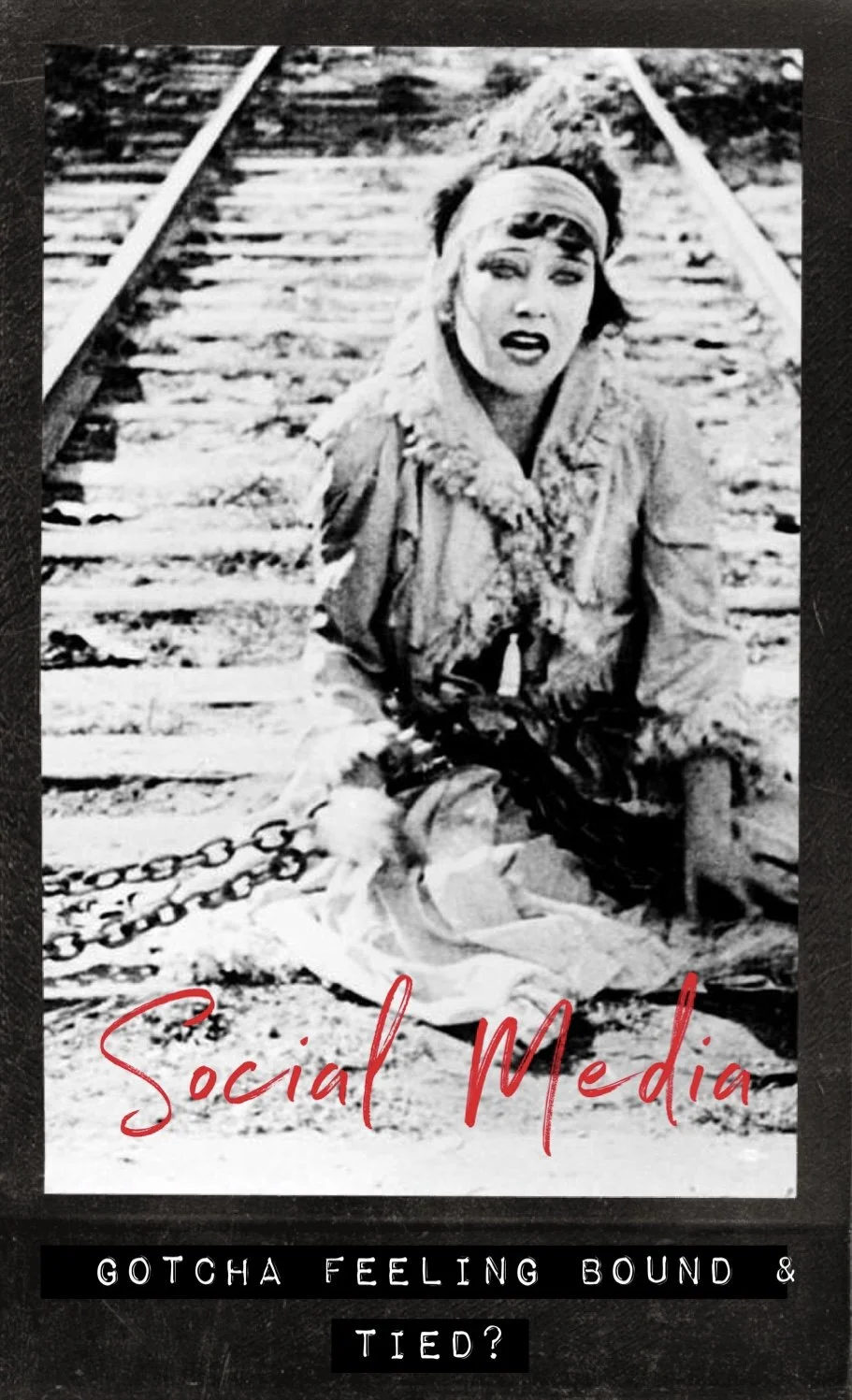Why I Quit Social Media—It’s All About Knowing Your Audience
I still have social media icons on my website.
You can look up my social presence. Welllllllll, you can find an older version of me on platforms like Facebook and Instagram, but I don’t update my social media much these days. Maybe that will change in the future. But my writing pause during COVID caused me to rethink my social media identity. Not only did I have less time to post with a toddler at home 24/7, but I also needed to clarify my audience.
These days, I gravitate more toward Twitter on the rare occasion I go anywhere near social media. Except for those times I need to say something really important in some rando Facebook Gen X group after a few glasses of wine. Like how Kip Winger looks exactly like the Rum Tum Tugger from the 1980s musical Cats.
In that case, words must be shared.
Otherwise, I stick to Twitter. It’s a place where I (mostly) read about writers I don’t know in real life. I’ve curated an interesting group of them all sharing their writing tips and books.
Facebook died for me when I started witnessing the political explosions between friends and family. You know the kind that spills over into real life in ugly ways. No thanks. I’ve never actually seen social media as an extension of my day-to-day. I mean why was I even posting? And who did I want to reach anyway?
That’s the problem with social media. It’s hard to be clear on why you're doing what you’re doing.
And then it hit me:
At what point in life would you have every single person you’ve ever encountered under one roof while you were up on a platform giving your most extreme opinion through a megaphone?
Uhhh, never.
But that’s social media, right?
I can’t be alone in thinking that’s a bizarre way to communicate with all the people you’ve ever known. But online culture has tricked us into believing this is normal.
If I were to buy into addressing my audience this way, it would mean all my religious Southern family members, my small-town 6th grade English teacher, my high school teacher colleagues, my burlesque performer friends, every flight attendant I’ve ever flown with, and every person in every writer’s group I’ve ever attended should receive the same messages from me.
That’s not effective. In fact, it sounds insane.
I love authenticity. I’ve even built my business around the concept of being—metaphorically—more naked. But my tone and perspective are never going to be the same in each relationship, that’s a little too naked even for me.
We have different kinds of relationships with different people for a reason. So, if you think you’re the same person in every environment, try this experiment.
Go speak to your mom in the same tone of voice you’d talk to your closest friend or boss or love interest.
My money’s on you getting slapped.
Casting a wide net doesn’t work for attracting an audience.
Social media might be a scourge on our internet relationships, but if you look closely, you’ll find it has spotlighted how we speak to our readers. Any information about approaching an audience is a real gift to a writer.
Another benefit of past social media exposure: Learning to use contractions and informal language to make your message more accessible.
When you write in less formal ways, you seem more honest. Hasn’t social media helped us learn to do this? Yes. But of course, honesty has its limitations. Unless your writing concerns your health, most readers don’t need to know all the exact details of your time on the toilet.
Ask yourself:
To whom are you writing? Can you picture one person?
The best advice about addressing your audience is to tell your story to one person. To envision an ideal reader and imagine you’re relaying your message to that person.
People often do this without trying. Unfortunately, on social media, they fail to account for how many other people are going to show up to read their message.
I’ve understood this audience dilemma in social media for a long time, so I’ve kept my pen/stage name accounts separate from my legal name accounts. Keeping separate accounts means I’ve only run into one problematic situation with a family member when I went against my better judgment and let them befriend me on an old burlesque account. My great aunt may know about my burlesque career, but it doesn’t mean she can strip away the thoughts of me in pigtails from the picture of half-naked me she’s seeing on Instagram today.
Keep in mind how your audience perceives your informality. They may think they’re getting all of you when you're casually only addressing the parts you allow everyone to see. This can be tricky terrain to navigate. But people don’t have to know everything about you. Your tone can feel friendly, while you continue to set boundaries. Remember as a memoir writer, you control how much information you share with your audience.
It's a little like going on a first date and being so open you mention you’ve been married three times and have no money. Just because you’re authentic doesn’t mean everything is on the table and you have no limits.
You must decide where your boundaries live.
Likewise, I learned a long time ago that no matter who wants access to my writing, I must set limitations there, too. My father is a great editor, but he should never be reading my unpublished work. He’s not capable of tackling my writing fairly and without bias.
There are two problematic situations that can occur when you are new to writing and don’t quite understand your audience.
1. The Social Media Style Readers: As I illustrated above, this is when you want anybody and everybody to read what you’ve written. Let’s be real here, you hope everyone will applaud your work as an author. Unfortunately, this is an impossible scenario. Filtering out certain readers is critical because it means you identify exactly who your work is and isn’t meant for. Realizing that there will be people who hate your style or family members who are too close to read your work objectively is part of the job when you put your writing out for public consumption. And that’s okay.
As Dita Von Tease once said, “You might be the ripest and juiciest peach, but there will always be someone who hates peaches.”
You’re not everyone’s cup of tea. Learn to live with that—and all my food references. And then bask in the uniqueness that makes you special to a select audience.
If you decide to stay on social media, segment your platforms into specific audiences so you can use them more productively and encounter less conflict. Maybe try Twitter for your online writer friends. Instagram for your family pics. And Facebook for any professional groups you can’t let go of. Test this out and see if you don’t feel less overwhelmed by your online presence.
2. The Family and Friend Readers: The other scenario is when you give people access to your writing who act interested, but then you discover you’ve made a terrible mistake. Just because someone seems eager to get their hands on your work, doesn’t mean they’re your best reader. Spouses, children, friends, and close family members might be willing to read for you but they aren’t always your ideal audience. Maybe they like the idea of your writing, but once they read your work, they become overly critical. You’ll find yourself questioning whether your work sucks or if your family member has ulterior motives. Could they be jealous? Worried about what you’re revealing? Scared you’ll tell the truth about them?
On the flip side, they could give you high praise but with no workable feedback. It’s great to be loved, but you’ll want readers who can provide useful guidance when reading your work.
When you first start opening your writing up to an audience, you need to be quite selective about who is allowed to read it.
And never—and I mean never—change your work just to appease some friend or family member unless that person works for a top publishing agency. And even then I’d get a second opinion. Being selective with readers should narrow your audience and allow you to find the best reader for your piece of writing.
You might even have different ideal readers for your various writing styles.
If you decide to leave social media to devote more time to your writing, don’t look at it as failing in the online sphere. See it as a need to focus on your best audience. One that might be more challenging to identify but who is certainly out there waiting eagerly for the work you’ll give to the world.


